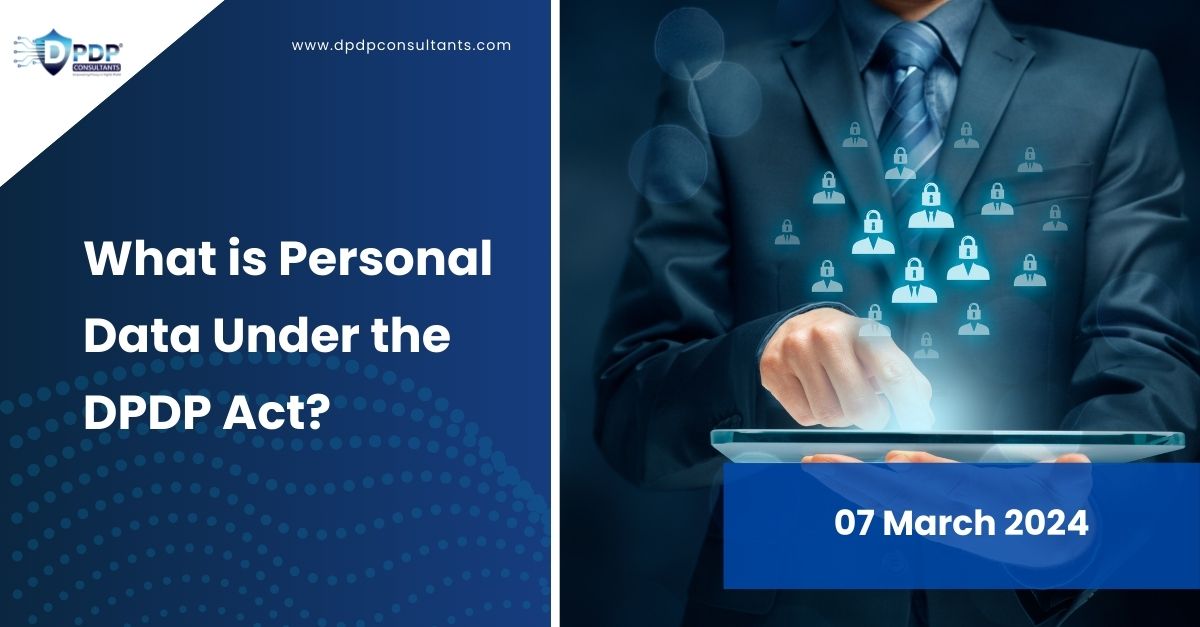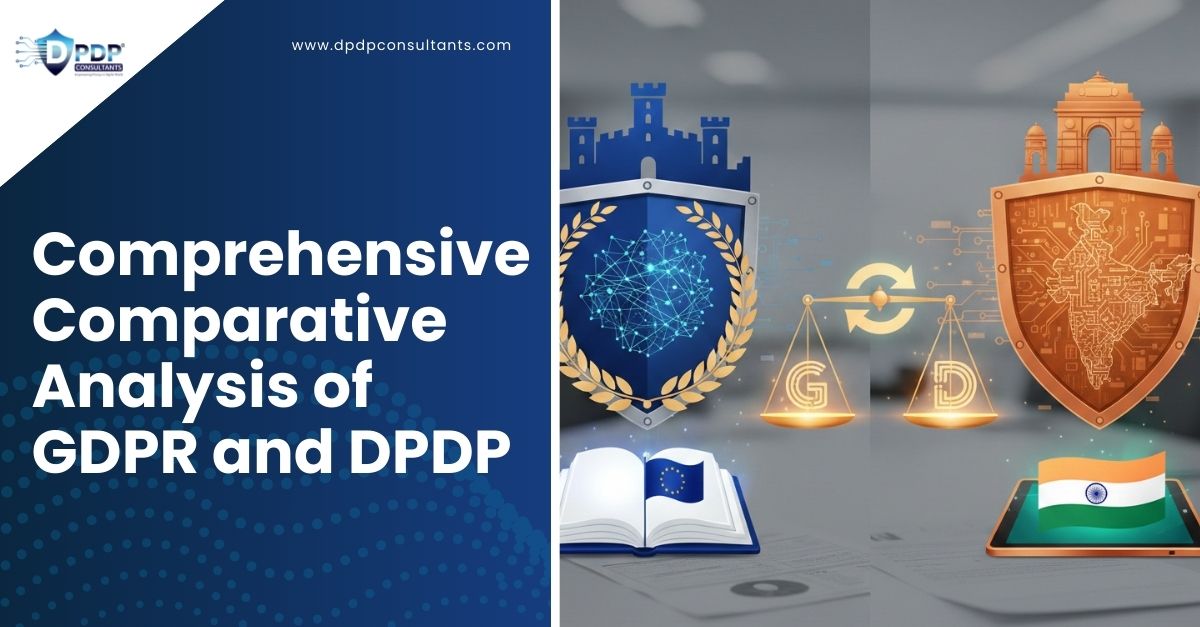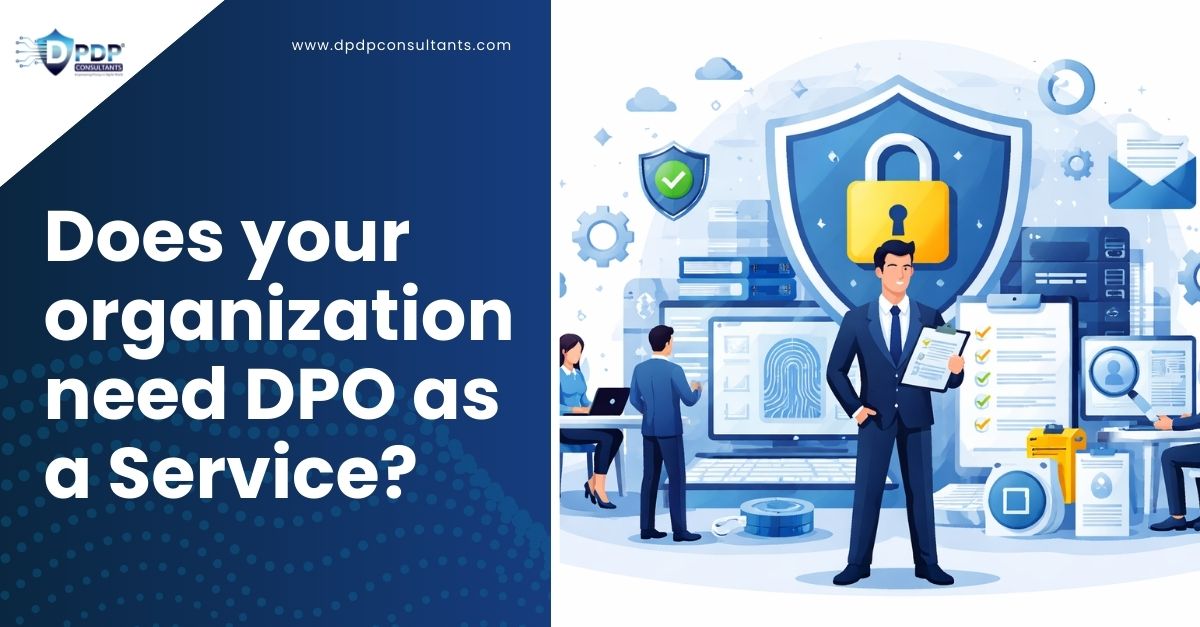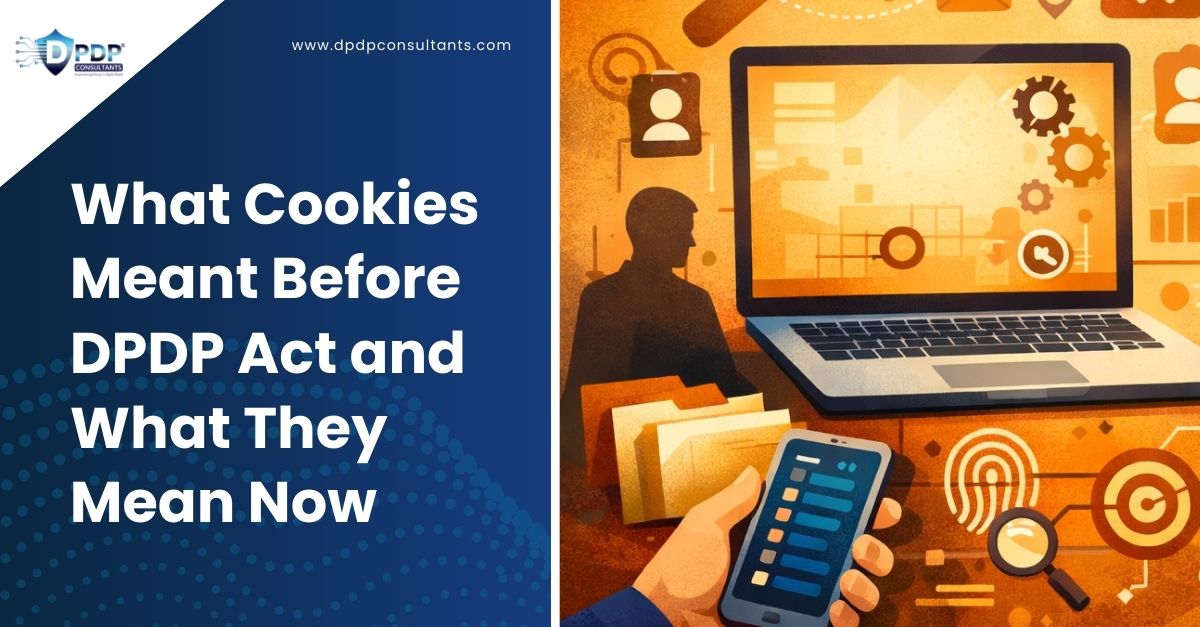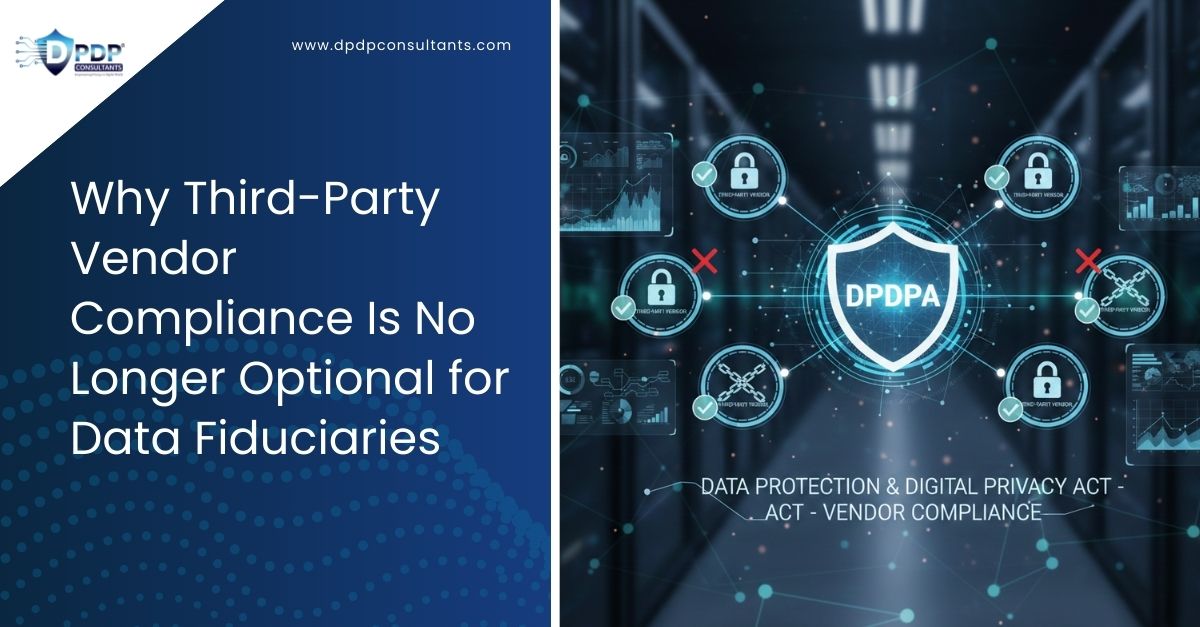Explore the definition,
importance, and protection of personal data; and the difference between
regulations like GDPR and DPDPA.
In an era dominated by
information exchange, understanding the nuances of personal data has become
paramount. Extensive data flows through networks, linking users and devices.
Organizations rely on gathering personal information to enhance service quality,
understand consumer preferences, optimize business strategies, foster customer
growth and retention, and potentially monetize data by offering it as
second-party data to other enterprises at a profit.
For such reasons, data
privacy laws emphasize the critical need to protect individuals’ personal
information.
What is Personal Data?
Personal data refers to
any information tied to an identified or identifiable individual, such as:
- Name
- Age
- Gender
- Address
- Contact details
- Marital status
and more.
This information can be
used to directly or indirectly identify a person. Protection of personal data
is crucial for privacy, identity theft prevention, cybersecurity, legal
compliance, and discrimination. There are data protection laws in place that
set standards for ethical practices, reinforcing the significance of
safeguarding personal information in today’s interconnected and data-driven
world.
Laws like the General Data
Protection Regulation (GDPR) in the European Union, or the California Consumer
Privacy Act (CCPA) in the United States, ensure responsible collection,
processing, and handling of personal data.
On August 11, 2023,
India’s parliament introduced the Digital Personal Data Protection Act 2023
(DPDPA), marking the country’s inaugural comprehensive data protection law.
Set to replace existing
fragmented regulations, the DPDPA is poised to revolutionize how companies
handle personal data, in compliance with Indian data protection laws.
What is Personal Data under the DPDPA?
The Act has familiar terms
but it introduces some key distinctions. Mainly the definition of personal
data. According to the Act Personal Data could include “any data about an
individual who is identifiable by or in relation to such data”.
It includes all
information under one term and does not categorize data as sensitive or
non-sensitive like other existing regulations. The Act also does not define any
standards for de-identification or anonymization.
Personal data according to GDPR vs. DPDPA
The European Commission
established the General Data Protection Regulation (GDPR) to regulate the
collection and handling of personal data of European Union (EU) citizens. GDPR
differentiates between personal data and sensitive personal data, imposing stricter
requirements on the latter.
Unlike the GDPR, the
Digital Personal Data Protection Act (DPDPA) treats all personally identifiable
data equally, removing the distinction between personal and sensitive personal
data.
According to GDPR, personal data encompasses details like:
- Name
- Address
- Phone Number
- Email
- Date of Birth
- Work
- Education
- Hobbies
Sensitive data,requiring enhanced protection, involves confidential information such as:
- Financial Details
- Medical Records
- Passwords
- Social Security Numbers
Exposure of this kind of
data has the potential to cause significant harm. In sharp contrast, the
Digital Personal Data Protection Act adopts a comprehensive strategy.
Unlike GDPR, the DPDP Act
doesn’t categorize personal data into subtypes like sensitive or critical. It
uniformly imposes its stipulations on all personal data, disregarding its
characteristics.
This deviates from the
current Indian data protection law, which differentiates data into ‘personal
information’ and ‘sensitive personal data or information,’ accompanied by
distinct compliance criteria for the latter as outlined in the Information
Technology Rules, 2011.
Notable distinctions
between the DPDPA and GDPR include various aspects:
- Scope: The DPDPA governs the processing of digital personal data,
excluding data made publicly available under a legal obligation. Its
definition aligns with GDPR but differs in scope.
- Legal Basis: DPDPA allows processing with data principals’ consent or
for specific “legitimate uses”. This consent standard resembles that of
GDPR. However, it doesn’t recognize processing under bases like
contractual necessity or legitimate interests.
- Data Principal Rights: Beyond GDPR-like rights, DPDPA
introduces unique provisions. Data principals gain a right to grievance
redressal through designated officers and can nominate representatives in
case of death or incapacity.
- Cross-Border Transfers: DPDPA permits cross-border data
transfers, excluding specific restricted jurisdictions. Unlike GDPR, it
doesn’t mandate transfer mechanisms.
- Data Breach Notification: Data fiduciaries must report breaches to
the Data Protection Board and affected data subjects in all cases, without
specified deadlines. In contrast, the GDPR requires data breaches to be
reported within 72 hours (3 days).
- Significant Data Fiduciaries: The government can classify certain data
fiduciaries as significant, imposing additional obligations like
independent audits and data protection impact assessments based on various
factors. This is different from the GDPR, which mandates all entities to
conduct data protection impact assessments in particular situations.
FAQs
1.
Is CCTV
personal data?
Yes, CCTV footage is
subject to data privacy laws. These regulations extend beyond written
information, such as names and addresses, and include any data that can
identify an individual. This includes images and videos, emphasizing the need
for cautious handling of CCTV footage in compliance with data privacy
regulations.
2.
Can my boss
watch me on CCTV? Yes, workplace cameras are legal, but their use is governed
by data protection laws. These acts outline guidelines for collecting,
processing, and sharing CCTV data. Businesses using workplace CCTV must
register with the respective authoritative office, inform individuals of the
recording, and ensure recordings serve a specific purpose, such as preventing
theft.
3.
When recording
or monitoring employees at work, companies need to adhere to legal procedures.
They could start with an impact assessment, evaluating the effects and
justifications for surveillance. It is a must to inform employees of monitoring
and reasons, preferably through a written statement. This transparent approach
aids in onboarding, ensuring a smooth understanding of workplace monitoring for
both new and existing staff.
DPDPA Compliance — The Way to Go Forward
With the implementation of
the DPDPA, businesses must anticipate the imposition of diverse compliance
requirements. Businesses would be required to formulate data protection
policies, appoint a Data Protection Officer (DPO), conduct impact assessments,
and adhere strictly to specified principles.
To mitigate the risk of
non-compliance penalties, businesses, Data Fiduciaries, and Consent Managers
should exercise caution. Any incurred financial penalties will contribute to
the Consolidated Fund of India rather than benefiting Data Principals. DPDP consultants can
help you navigate these challenges by providing valuable assistance in
understanding and aligning with the complexities of this new regulatory
framework:
Let DPDP Consultants
Guide You Through The Complexities of DPDPA!

